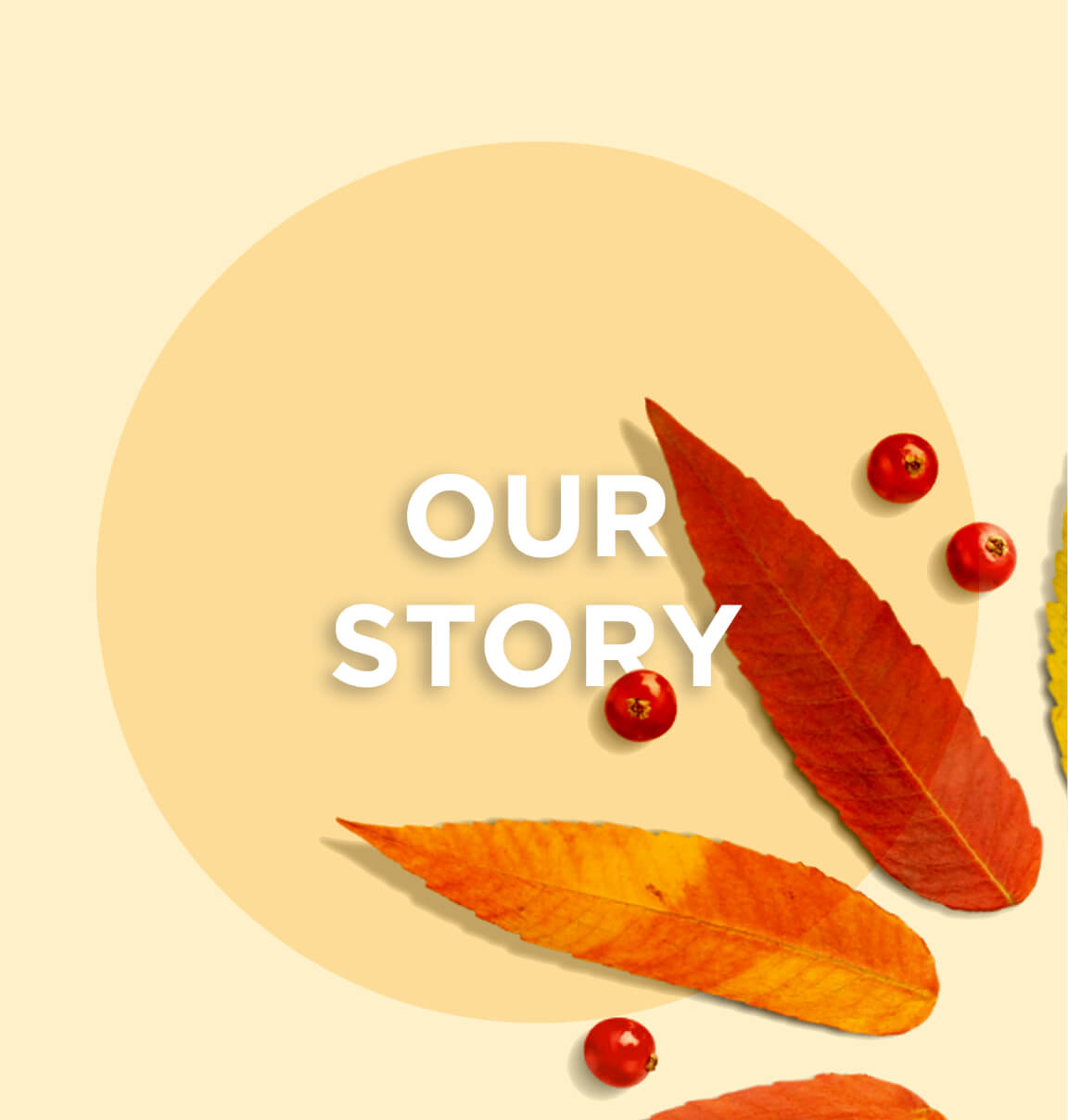The Autumn season brings darker days, colder weather, and an increased risk of picking up those pesky colds. This seasonal transition can impact our mood, energy, and motivation along with our food choices. With the weather taking a turn, many of us tend to gravitate towards energy-dense comforting foods whilst reducing our time spent outdoors. Whilst some love the Autumn season, for others, the seasonal change can take its toll on their body.
Here are FOUR ways to nourish ourselves during this seasonal transition and banish the dread of those darker days…
ONE: Support the body and mind
The colder and darker days can certainly affect our mood, but also our nutrient status. Those living in countries in the northern hemisphere are at greater risk of vitamin D deficiency due to the lack of light during this season. A low vitamin D status has been associated with seasonal affective disorder, and supplementation with 10 micrograms between October to April is recommended in the UK. What’s more, a there are range of plant extracts available to support with energy, motivation and stress during these more challenging months, including siberian ginseng, rhodiola root and even passionflower.
Try: Vitality Balance
TWO: Support the gut
After a summer of cocktails and a shift towards heavier Autumnal foods, supporting digestion and elimination is key. Fennel seed extract has been shown to have a relaxant effect on the smooth muscle of the intestine, which is likely due to a special compound called anethole (1,2). Some studies have illustrated that fennel seed extract may help to reduce intestinal gas and improve symptoms and quality of life in IBS patients (3,4). What’s more, extracts from black radish root may help to stimulate bile flow which aids with fat digestion and elimination of waste products from the body.
Try: Digestion Detox
THREE: Nourish the body and the immune system
Autumn is known as the cold and flu season, therefore nourishing the body is key to helping fend off bugs whilst speeding up recovery when infection hits. Nutrients such as vitamin D are essential for immune regulation, therefore supplementation is key during the Autumn and Winter months. When the sniffles strike, plant extracts such as echinacea and Siberian ginseng may help to reduce the symptoms whilst possibly quickening recovery (5). Lastly, 70% of our immune system resides in the gut, therefore supporting gut health has never been so important. Enhance gut health by consuming plenty of fibre-rich foods, eating the rainbow, and considering probiotics.
Try: Immunity Shield
FOUR: Support hair, skin, and nails
The colder weather during Autumn means that the central heating gets turned up leading to dry skin, brittle hair, and nails. Nourishing the body from within is key! A sufficient intake of amino acids such as l-cysteine is important as they are the building blocks of beta keratin which is the main protein found in hair, skin, and nails. Horsetail is a plant that resembles a fern and is widely grown in Northern Europe and America. It contains a wide range of beneficial plant compounds, one of which is silica which has been shown to support the health and strength hair, skin, and nails. It has been suggested that silica is important for collagen production, and hair strands with a higher silica content tend to have lower falling rates and higher brightness (6).
Try: Beauty Boost
REFERENCES
- https://linkinghub.elsevier.com/retrieve/pii/S0378874101002495
- https://pubmed.ncbi.nlm.nih.gov/15296096/.
- https://www.proquest.com/openview/9a93c6f2b6fc465e6ad08cc7a6d0f7c9/1?pq-origsite=gscholar&cbl=2041977
- https://www.jgld.ro/jgld/index.php/jgld/article/view/1100/347
- https://www.ncbi.nlm.nih.gov/pmc/articles/PMC7106401/
- https://www.ncbi.nlm.nih.gov/pmc/articles/PMC4938278/






